Don't let debt get you down.
Loan balances that never seem to go down, a sense of dread when your bills arrive, is there a way to change this cycle? Yes, with a plan and determination, you can make a difference in a relatively short time. Illinois Extension resources can help you explore different strategies and be informed of choices you may not have realized were available. You can pay down your debt and then have more money for your other financial goals.
Watch | Read | Listen | Engage
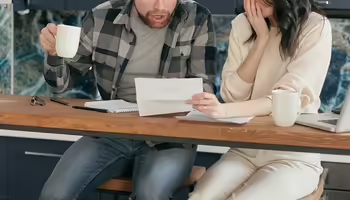
How Much is Too Much Debt?
How much debt you're comfortable with may depend on your financial situation, and your money personality. Take time to assess.
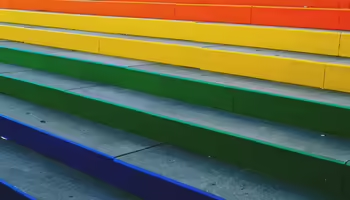
Debt Repayment Strategies
Learn strategies for prioritizing debt repayment, and how to pay it down effectively. Choose a strategy that works for you.

Make a Dent in that Debt
Debt can be overwhelming, especially when you feel over your head in debt. Listen as Illinois Extension Educators discuss how to start managing debt.
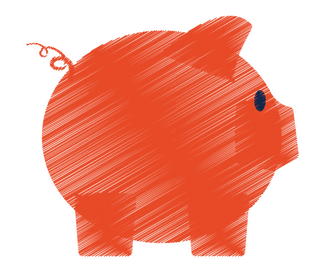
Meet with a Money Mentors Volunteer
Personalized, confidential and free financial education. Money Mentors assist individuals by phone, online, or in-persons meetings.
Using credit is an important responsibility.
A good credit history can help you get a job, make major purchases, and accomplish many short and long-term goals. A poor credit history can make it harder for you to rent an apartment, buy a car, or fulfill a dream. It is important to know how credit can change your spending power as well as know how you can recognize the danger signs of credit misuse.
A disadvantage of credit use is losing future financial flexibility. For example, if your credit card debts take 10 percent of your take-home income, you can't spend those dollars for something else. Credit cards can reduce your future buying power if you carry a balance and let charges build up.
How can you get rid of your debt? The first step is to gather all your credit card and other debt bills together. For each account, write down the total balance and the minimum monthly payment required.
The next step is to be sure you can make the minimum payments on your bills. Remember, credit card companies and other lenders often require a minimum payment each month. However, if you pay only the required minimum payment, it can take a very long time to clear your balance. For example, if you have a $2500 balance at 21% interest and you pay 2% of the remaining balance each month (a typical minimum payment), it will take you more than 63 years to pay off your debt. In addition, it would cost you $14,699 in interest charges (calculated at www.PowerPay.org, from Utah State University Extension). Plan to do more than just pay the minimum whenever you can.
Choose strategies to cut your debts.
- Pay high-interest-rate cards first. Debt with higher interest rates leads to more interest adding up over time.
- Pay off debt with the smallest balances first. It can be very satisfying to pay off small debts quickly and then focus on the larger debts. Once the small balances are paid, use the extra money now available to pay on the bigger balances.
- Stop charging more purchases. If needed cut up your cards, hide them, or freeze them in a baggie of water. Give yourself time to think about the purchase.
- Stay flexible. The key to sticking to your credit card debt repayment plan is to stay flexible. If you find that you set unrealistic spending limits in the beginning, revise your spending plan the next month.
Resources to help
- This chart will help you organize your debt.
- Read our tip sheet about which bills you should pay first.
Get motivated to manage your debt!
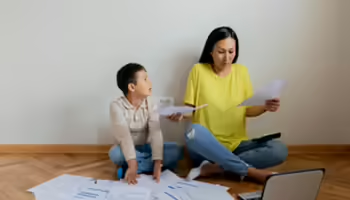
Making Hard Decisions
Sometimes there just isn't enough money to go around. First step, pay the bills to keep you safely sheltered and fed.
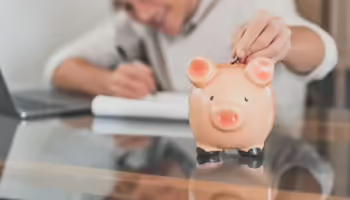
Pick a Debt, Pay it Down
When you have money to pay down debt, which debt payment will give you the most "bang for your buck" and keep you motivated?

To Show or Not Show
When in a relationship do you want to show your credit scores? There's no easy answer but this thoughtful discussion may help you decide.